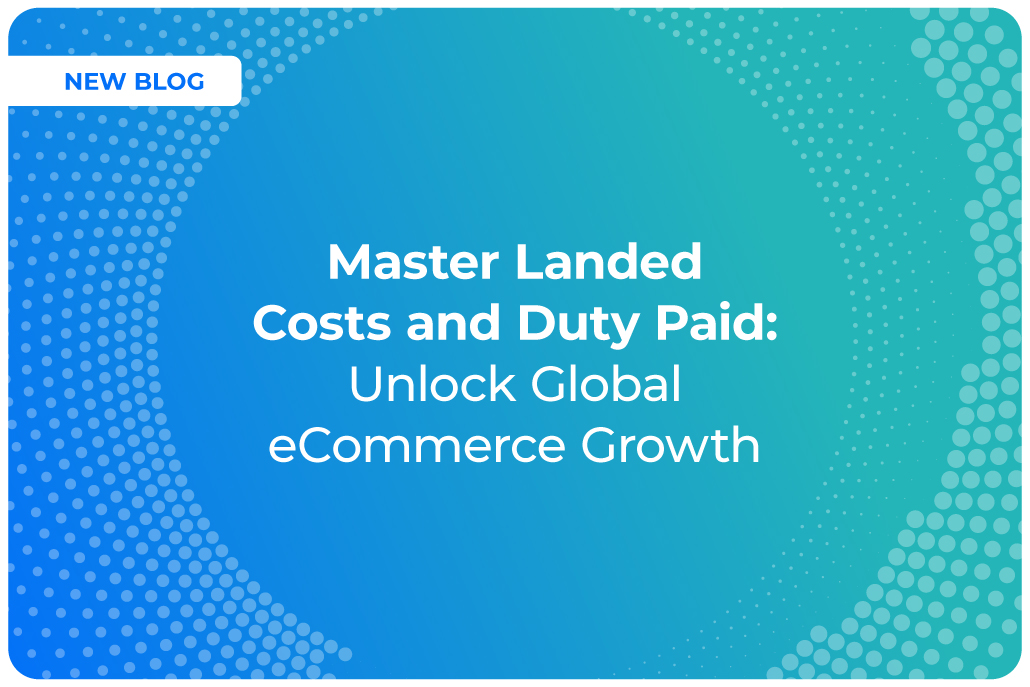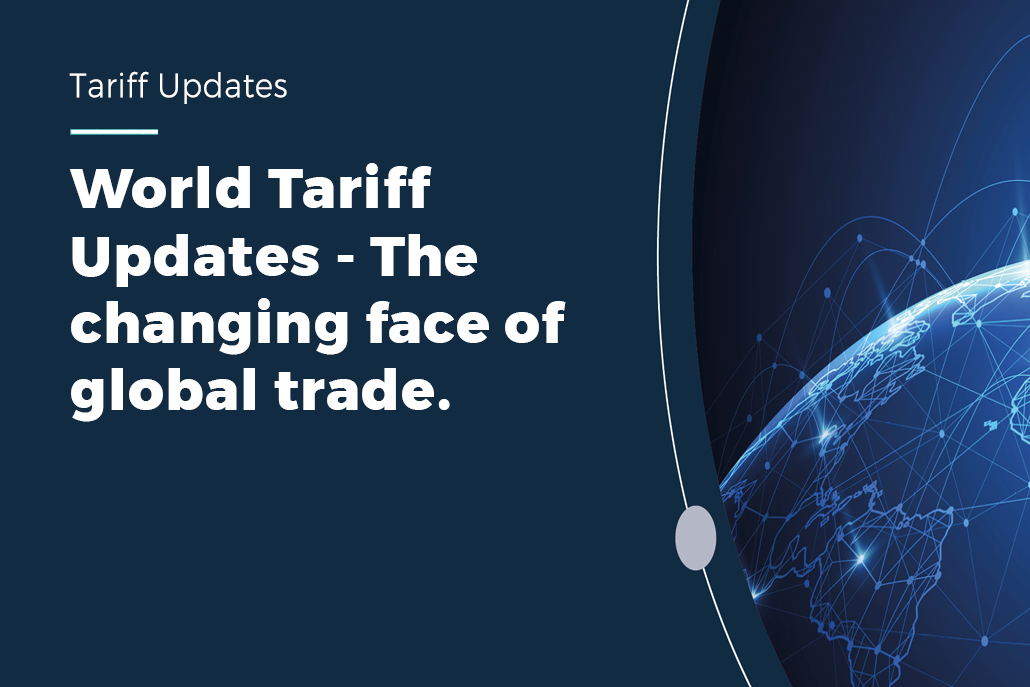If you’ve decided to expand your business to include cross-border trade, you’ll need to familiarise yourself with basic international shipping rules.
Each country has unique customs regulations based on the type of goods, their origin and the mode of transportation. However, you’ll find some common international shipping regulations apply to all businesses, from eBay and Etsy sellers to B2C businesses and corporations.
The onus to follow these rules falls on the seller. It can feel like a big responsibility, but we’re here to help you. This blog post will cover the essential international trade regulations you need to know, including prohibited or restricted items, so you can avoid being caught out.
What Are Customs Regulations?
Customs regulations refer to the international trade laws, rules and procedures that control the movement of goods across borders. They are essential for managing international trade, collecting import and export duties and taxes, and preventing prohibited items from being smuggled into a country.
Not only do customs regulations stop the bad guys from sending illegal items across borders, but they also ensure compliance with national and international trade agreements.
To meet customs regulations, a seller needs to complete all relevant paperwork, including a customs declaration. The customs declaration is usually completed on the seller’s behalf by their freight forwarder or shipping company but under your instruction.
The customs declaration form must include:
- Your name, the business’s name and address
- The recipient’s name and address
- A clear and precise product description
- Each item’s value, quantity and weight
- Total value of the package, including its weight and dimensions
- HS (Harmonised System) code
- EORI (Economic Operators Registration and Identification) number (if shipping to the European Union)
- VAT registration number
Alongside the customs form, you should supply supporting documents, such as commercial invoices, packing lists, certificates of origin, bills of lading and export licences.
Regulations For Importing Goods
International trade is multi-dimensional, rather than a bilateral relationship between the two countries. The origin of the commodity — where it was originally produced — has more of an impact on the international transaction, rather than the country it is being sold in. For example, importing a T-shirt made in the USA to a European country under EU shipping regulations is relatively straightforward, but if it was produced in North Korea, for example, secondary restrictions might come into play.
Customs authorities use ‘rules of origin’ to determine where goods were produced or manufactured, which isn’t necessarily the place they were shipped from. Preferential rules of origin determine eligibility for preferential trade agreements and tariff reductions. In contrast, non-preferential rules of origin help determine if specific goods are subject to trade embargoes, safeguard measures, anti-dumping or countervailing duties.
Of course, rules of origin can be complex and vary between countries — particularly when different components of a product come from several locations.
Speaking of components, dual-use goods face separate customs regulations and sometimes lengthy procedures. Defined as materials, software or technology that can be used for both military and civilian purposes, dual-use commodities risk ending up in countries with imposed embargoes. Dual-use items have the potential to help develop nuclear weapons and explosives, so they’re not something you’d want getting in the wrong hands. These dual-use goods can be something as seemingly innocuous as a sat nav or even a high-powered laptop.
Why Are Items Prohibited or Restricted?
Dangerous items are prohibited or restricted to comply with international shipping regulations. These rules are in place for safety reasons, such as preventing fires, damage or risks to health. While it’s obvious why certain items are prohibited or restricted — ammunition, blades, drugs, medical waste, flammable liquids — other everyday products are also listed. For example, cosmetics, batteries, deodorants and Christmas crackers are all restricted, in some way.
For example, if the seller is sending from the UK, they are responsible for finding out if an item is subject to delivery restrictions between the UK and the recipient’s country.
What’s the difference between restricted and prohibited goods?
Prohibited items can never be sent in a shipment, but restricted items may be sent with limitations or under certain conditions. While poisons and toxic liquids are prohibited from postage in the UK, nail varnish is allowed provided each item contains under 30ml and is packed according to specific instructions.
Check the restrictions for the country you are shipping to in advance in case you need to apply for an import licence. Sending the restricted item without a licence or the correct paperwork, will result in its seizure by customs. Remember, each country is different and can restrict or ban items based on economic, religious or environmental reasons.
CITES (Convention on International Trade in Endangered Species of Wild Fauna and Flora) is an international trade agreement to combat wildlife crime. The agreement regulates or bans the trade of animal and plant species under threat. All trade species covered by CITES must be authorised through permits and certificates so it’s essential to know the regulations in both the seller and buyer’s respective countries.
Enlist Help to Comply with International Shipping Regulations
If you’re not sure where to start with the dizzying array of international shipping regulations, you’re not alone! Customs regulations can vary widely from country to country. Depending on your specific worldwide markets and the products you ship, trying to stay compliant can be time-consuming and costly. Even sellers with the best intentions can sometimes fall foul of international shipping rules and delivery restrictions in the UK.
Customs software ensures you’ll only send goods that can reach their destination — and they’ll arrive on time.
Our Kona API screens all shipments for prohibited and restricted items, so you don’t need to worry about keeping up to date on ever-changing international shipping regulations. It also helps classify products and calculate duties and taxes and screens for denied parties who it is illegal to do business with.
If you’d like to learn more about our product restriction screening solutions, please get in touch.













